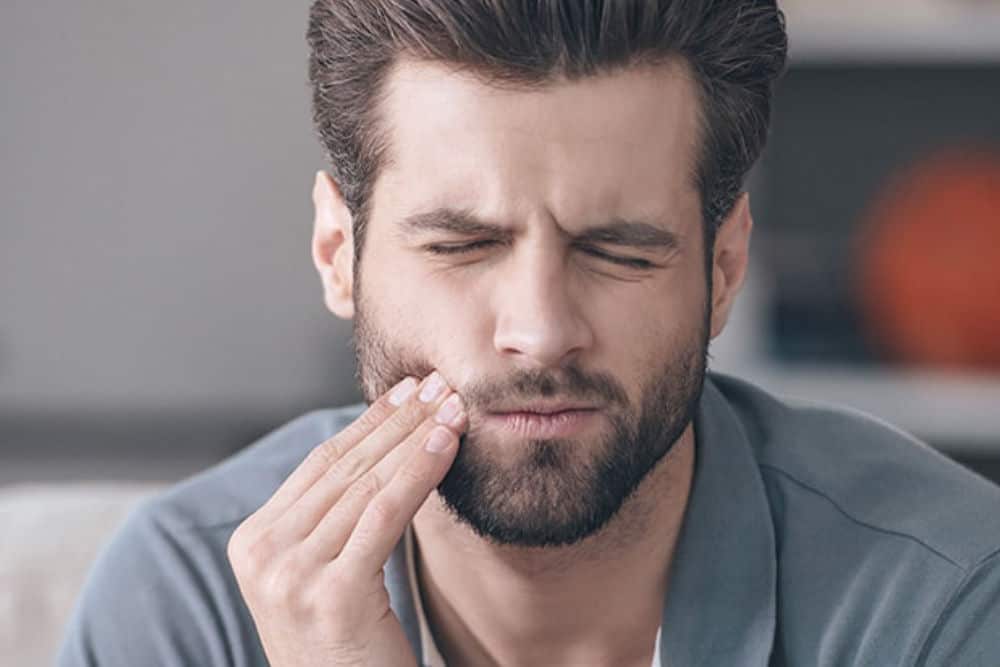TMJ dentists like those at the Mitchell Dental Spa rely on nightguard therapy to control TMJ pain. Depending on the severity of an individual’s TMJ problem, though, cold laser treatments, hot-cold therapy, and cranial sacral massage can also be useful. The Mitchell Dental Spa offers all of these.
Botox®, commonly known for its cosmetic use, has emerged as a potent treatment option for TMJ disorders. When injected by Dr. Mitchell, an experienced TMJ dentist, it can help relax the overreacting jaw muscles, relieving surrounding tension, TMJ headaches, and facial pain. Botox for TMJ can be a minimally invasive alternative to those extensive surgical procedures. The treatment process is relatively quick and safe and can be performed at our dental office. Ideally, the treatment can last for a few weeks to several months. During this period, you may experience significant relief in pain and improvement in jaw functioning.
Remember: It’s essential to have a complete evaluation of your jaw health and thoroughly discuss your options with our Dr. Mitchell. This will help determine if you are a good candidate for Botox TMJ treatment and what to expect going forward.
Your Healing Journey Begins Here
TMJ pain can be excruciating. It doesn’t have to be something you have to live with forever. Understanding your condition, managing triggers, and seeking proper care can help you bid goodbye to TMD and its associated symptoms. Stay informed and proactive about your health, and do not hesitate to consult an experienced TMJ dentist like Dr. Mitchell if you suspect you have TMJ problems or when you’re seeing signs like jaw tenderness, pain around the ears, and difficulty opening or closing the jaw. Let’s keep those jaws working smoothly. Schedule your consultation today and discover your healing path with us.







